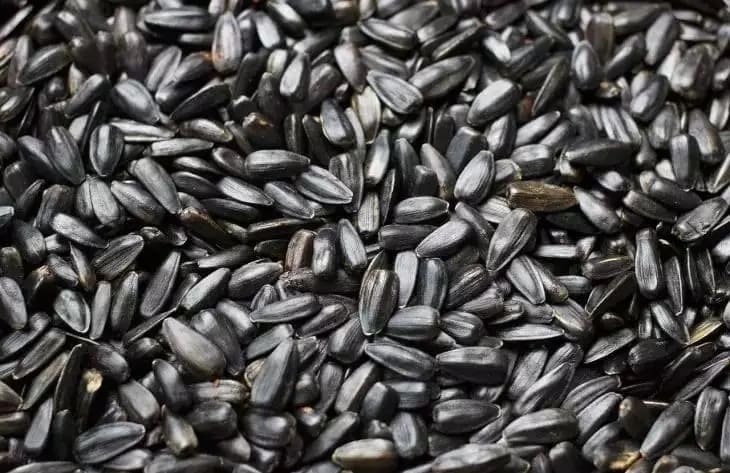Sunflower Seed Husks: Useful Properties, Use in the Garden, and Important Recommendations
Sunflower seed husks are a useful type of organic matter for the garden. The article will tell you why a gardener might find them useful.
Sunflower seed husks and their beneficial properties
Sunflower seed waste is a material with valuable organic components, not inferior in its characteristics to bark, nut shells and sawdust. Cellulose is the main component of the husk and it has the following properties:
• saturation of the soil with nutrients;
• moisture retention;
• improving the oxygen-conducting properties of the soil;
• elimination of furriers;
• control of gastropod pests.
Husk as a type of fertilizer
Making compost
Sunflower seed husks can be successfully added to compost. However, it is worth remembering that cellulose depletes the soil of nitrogen. To prevent this from happening and to make the fertilizer useful, you need to mix the husks with manure. Such fertilizer decomposes for about 1.5 years, after which it can be used as mulch or fertilizer.
Ash
Burnt husks are rich in magnesium, phosphorus and potassium. They can enhance soil nutrition, restore structure, destroy fungal infections, and deoxidize the soil. Ash can be added dry to holes or as liquid fertilizer.
Mulching
The easiest way to use sunflower husks is as mulch. The material gets rid of weeds, insulates, retains moisture, and protects against slugs. To keep the light husks in place, mix them with straw or bark.

Germination of seedlings
To save on soil when planting seedlings, you need to mix the soil with husks in equal proportions. In this case, the husk will serve as a fertilizer, a soil loosener and an oxygen conductor. In addition, it will help with the removal of excess liquid from irrigation as a drainage system.
A way to loosen the soil
It is known that plants develop sluggishly on soil with a predominance of clay. To improve the condition of soil with a dense structure, you can use primitive husks together with peat and sand, or solo. The shell of sunflower seeds decomposes for up to 3 years, enriches poor soil during this time and loosens its layers. It can be added when digging with a cultivator or in planting holes.
Recommendations for using the husk
In order for the husk to bring maximum benefit to the garden plot, it is necessary to know some recommendations and follow them:
• the husk must be of exceptional quality. If it has a musty smell and signs of decay, it will cause fungus to appear;
• before mulching the beds with husks, you need to first water the soil and wait for the water to be absorbed. Otherwise, the light material will simply spread over the area;
• the husk tends to cake over time. The mulch layer should not be more than 5 cm;
• husks decompose quickly only if additional organic matter is added. Otherwise, you will have to wait more than a year for results.
Sunflower seed waste is a useful fertilizer for the garden, a material for mulching. The husk helps to restore the structure and fertility, to nourish the soil with valuable substances.
